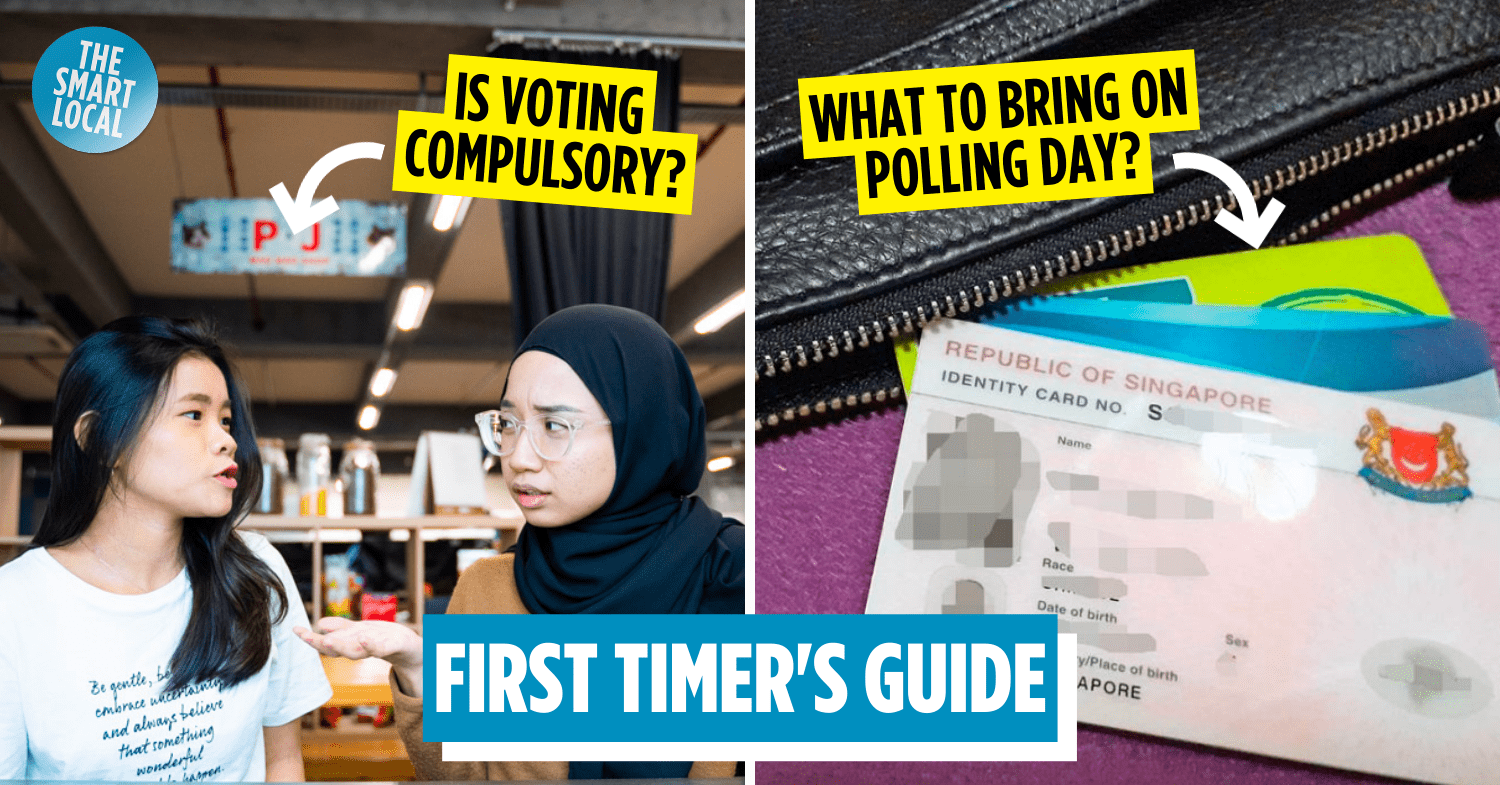Singapore’s Presidential Elections 2023
Unless you’ve been living under a rock, you’d be aware that in just a couple of days, we’ll be having our Presidential Elections (PE) once again. Now that the Writ of Elections has been issued, the road to Polling Day on 1st September is now made clear.
Given that the last time a PE was held was all the way back in 2011 – a full 12 years ago – most of us would now be eligible to vote. For some of us, this would be the very first time we are voting in any election ever. So, who’s running and how do you vote? We’ll answer all that in this guide to the Presidential Elections 2023:
What does the President of Singapore do?
Just like the Government, our President is elected based on popular vote, and one term is typically 6 years.
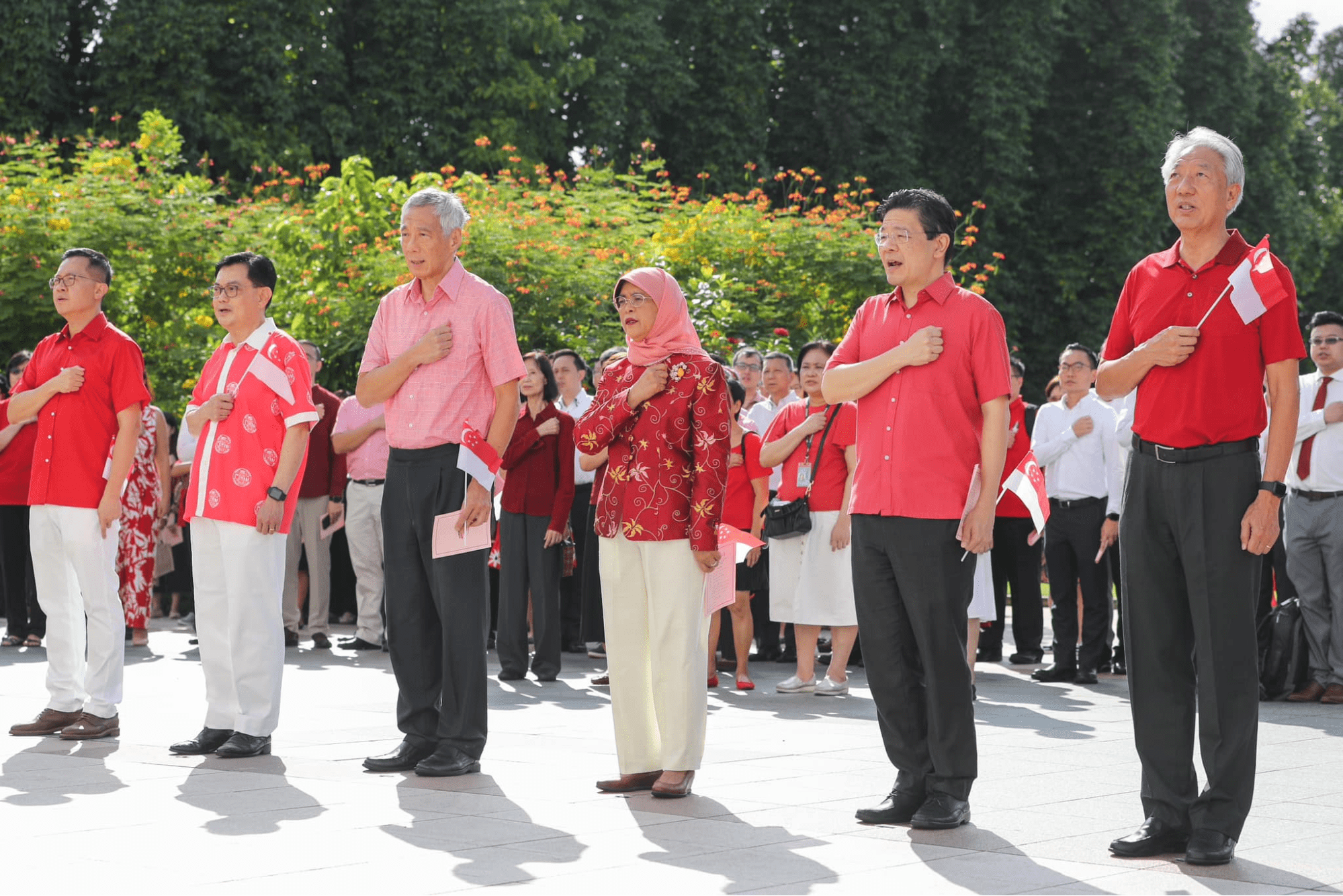
Image credit: Ministry of Communications and Information
There is a wide range of duties and roles that our President is supposed to fulfil. For instance, the President is seen as Singapore’s Head of State, meaning that they represent us on the international stage, at important ceremonies. The President is also supposed to be an independent party over state affairs, and so they do have the power to veto government budgets and key public appointments, if there are reasons to do so.
The President is also the guardian of Singapore’s Reserves, which is basically our country’s “savings” that we keep and grow for rainy days. As such, the President’s approval must be sought by the Government, in order to draw money out to use.
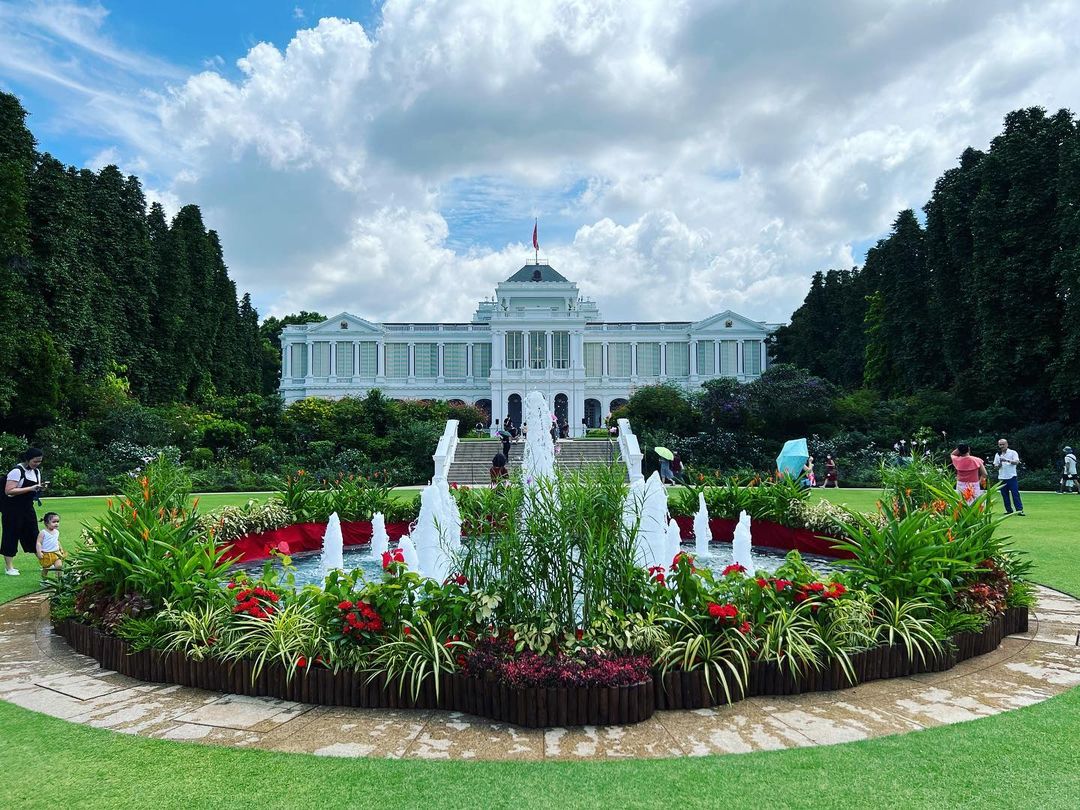
Image credit: @lminzz via Instagram
For instance, the 3 or so years of the pandemic was a very costly period for the Government, as they had to pay for things such as vaccinations, aid for needy families, support for businesses, and other national initiatives. And so, President Halimah Yacob had approved for $69 billion to be withdrawn over FY2020 – FY2022, though eventually only $42.9 billion was drawn.
As Head of State, the President is also a symbol of national unity for Singapore. That’s why you see President Halimah at key national events like the National Day Parade, and also running campaigns like the President’s Challenge to raise funds for the less fortunate in Singapore.
And yes, you may also be familiar with how their portraits (and their spouse’s) are displayed at all Government offices and schools.
Important dates to take note

In the past month, interested parties applied for a certificate of eligibility and a community certificate. You’ll recall that 4 parties submitted their application:
- Mr Tharman Shanmugaratnam: Former Deputy Prime Minister and Chairman of MAS, as well as MP for Jurong GRC.
- Mr George Goh: Businessman and Chairman of Ossia International and Founder of Harvey Norman Ossia, as well as former non-resident ambassador to Morocco.
- Mr Ng Kok Song: Former Group Chief Investment Officer at GIC.
- Mr Tan Kin Lian: Former CEO of NTUC Income and also previous presidential candidate in the 2011 PE.
On 22nd August, the Elections Department found all but Mr George Goh eligible to run for president, which means 1st September will be Polling Day and a designated public holiday in Singapore.
The candidates have until today, 30th August, to campaign for votes. You’ll notice Mr Tharman Shanmugaratnam and Mr Tan Kin Lian have both put up election posters around the island. Mr Ng Kok Song hasn’t, citing a lack of resources, as well as wanting to be environmentally friendly by not creating waste.
However, all 3 candidates have been walking around neighbourhoods speaking to residents. They also participated in a presidential debate on 29th August to share their views on what they would do if elected into office.
31st August is Cooling Off Day, where there isn’t supposed to be any form of campaigning and meant for us voters to have a day to compose ourselves and decide on our choice for President.
And of course, 1st September is when we head down to the polling stations to cast our vote. The good news is that it’ll also be a public holiday!
Who’s running for elections & what are their voting symbols?
3 candidates have been officially nominated for PE2023: Mr Tharman Shanmugaratnam, Mr Ng Kok Song, and Mr Tan Kin Lian. The voting symbol is what you’ll find on your ballot slip. It’s to help citizens identify the candidate they would like to vote for. These are the presidential candidates and their voting symbols:
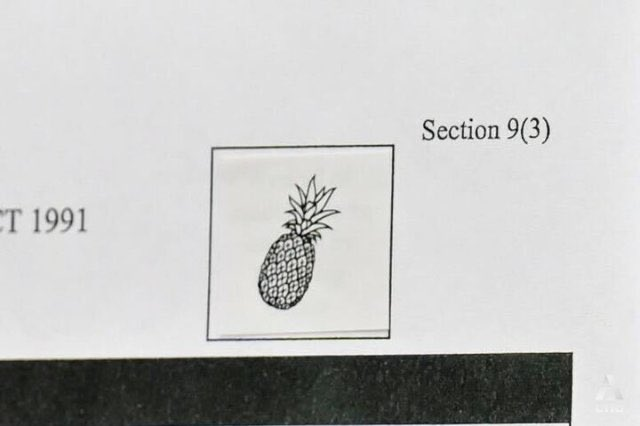
Image credit: @ruchernchong via X
Mr Tharman Shanmugaratnam: Pineapple
Mr Tharman Shanmugaratnam chose the pineapple, as it’s a symbol for “incoming luck” in Chinese. His campaign slogan is “Respect for all”.
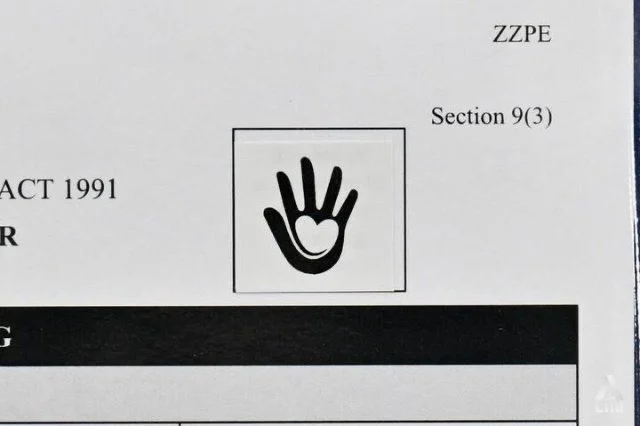
Image credit: @ruchernchong via X
Mr Ng Kok Song: Open hand with heart in the middle of the palm
Mr Ng Kok Song has stated that the 5 fingers on the hand represent the various races in Singapore. These all come together in the heart of the palm, which signifies unity. His campaign slogan is “United for our future”.
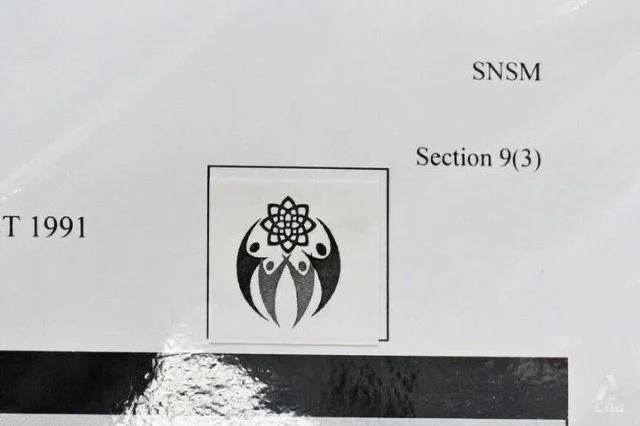
Image credit: @ruchernchong via X
Mr Tan Kin Lian: 4 figures reaching out to a flower
The 4 figures represent the 4 major racial groups in Singapore, while the flower symbolises hope for the future. Mr Tan Kin Lian’s campaign slogan is “Voice of the people”.
What to do before Polling Day?
The first thing to do is to ensure your own eligibility to vote at the PE. There’s a very basic criteria on who’s eligible:
- Must be a Singapore Citizen (i.e. you have a pink IC)
- Aged 21 years and above
- Must have a Singapore residential address on your Pink IC
- Not previously disqualified from voting

To check if you’re eligible and part of the Register of Elections, the easiest way to do so is via the Elections Department website. There are other ways, like heading down physically to the Elections Department office or at community clubs/centres, but you can avoid all that hassle and just do it online. If you’re based overseas, you can also head down to any Singapore overseas mission that serves as overseas polling stations.
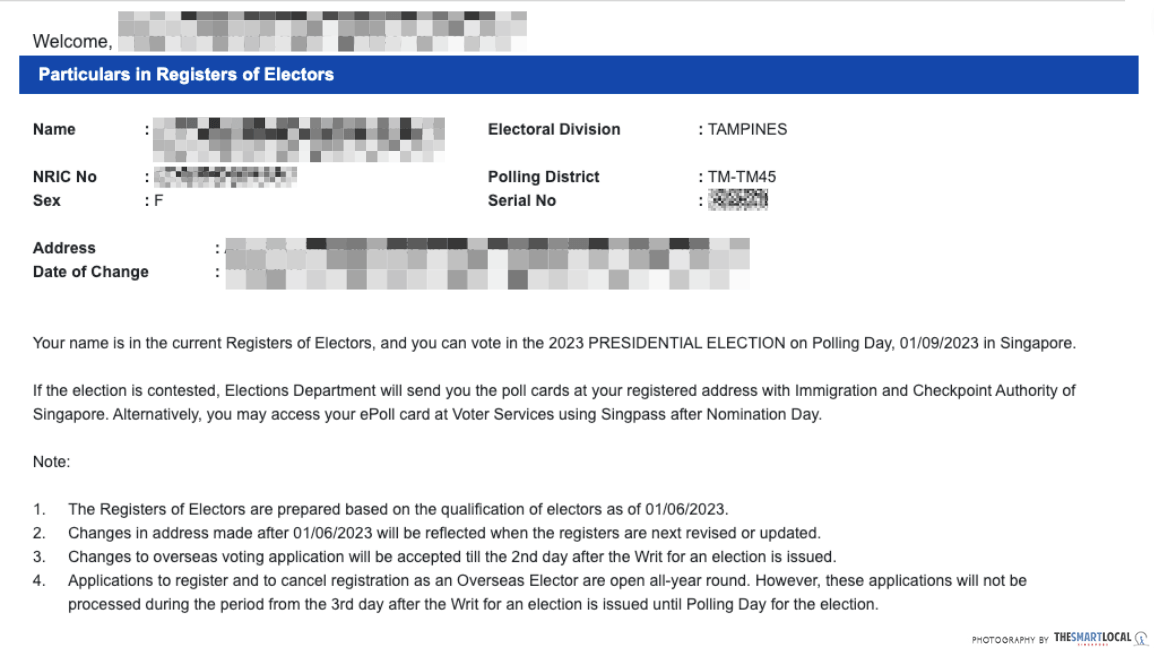 Screenshot from: Elections Department Singapore
Screenshot from: Elections Department Singapore
By now, polling cards would have been mailed to your registered mailing address on your Singapore IC. Note that this card isn’t the actual card you mark your vote on; rather, it’s just a confirmation that you are an eligible voter.
The card will outline details like your name, address, and which polling station you’re supposed to head to and the time window you’re recommended to head down to vote. If you’re unable to make it for your assigned time band, not to worry: you can still head down any time you want, as voting will be from 8am-8pm.
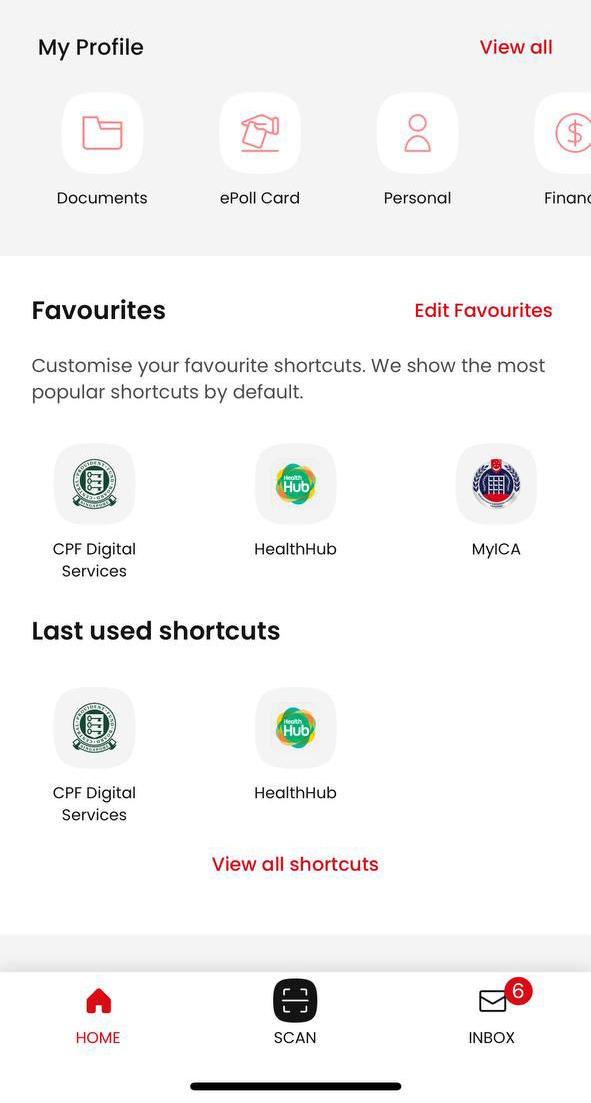
Image adapted from: Singpass
You can also retrieve your polling card via the Singpass app, which is accessible by clicking on the ePoll Card icon on the frontpage of the app. Apart from the usual info like your polling station, you’ll also be able to check the queue at the polling station on 1st September, so you can avoid any crowds.
What to do on Polling Day?
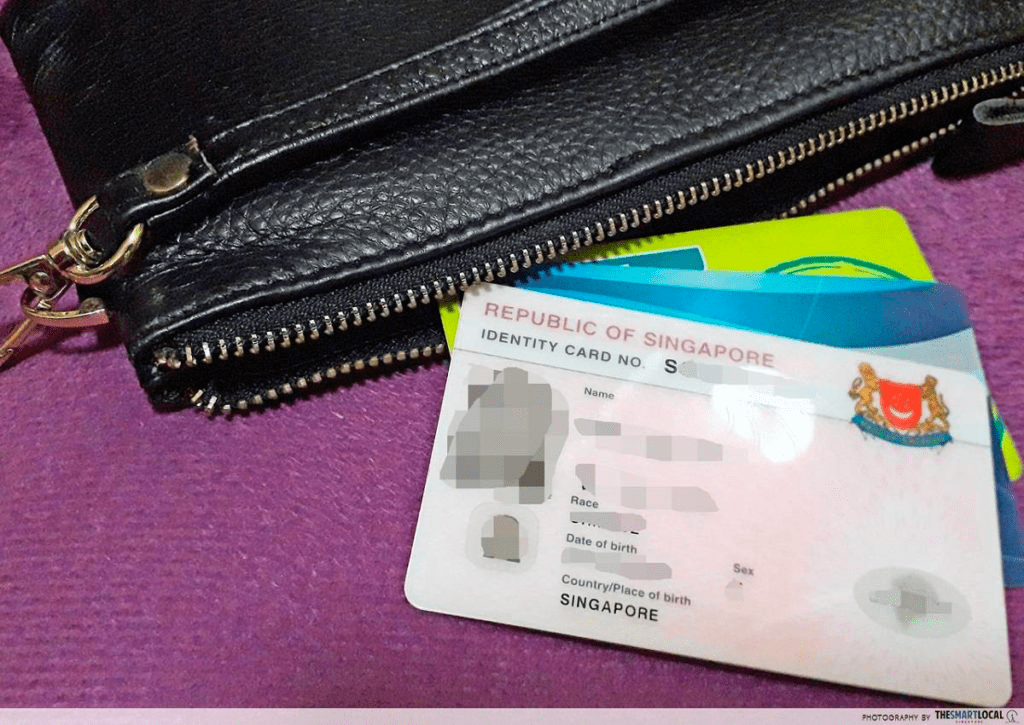
On Polling Day itself, all you have to do is head down to the Polling Station you’re assigned to. Do remember to bring along your polling card and your NRIC so that your identity can be verified! You can also choose to use the ePoll Card and digital NRIC on your Singpass app in lieu of the physical copies as well.
After you’ve done all the checks at the station, you’ll receive a ballot, and be ushered to a booth. That’s when you’ll cast your vote, either by using your own pen to mark an “X” or using one of the X-stamps provided at the booth. Just mark out your choice, and submit that card into the ballot box.
Be sure to mark only one candidate to only mark within the designated area, otherwise your vote will be invalidated.
What if I’m based overseas?
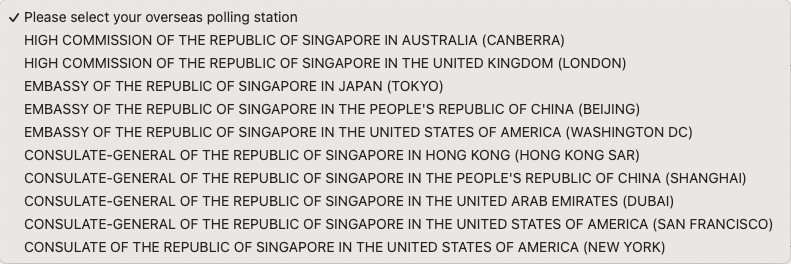
Screenshot from: Elections Department Singapore
For overseas voters, you can choose to vote in person at one of 10 overseas polling stations, which are also Singapore overseas missions, including the US, Japan, and the UK. Not every country or state has one though, so be sure to check the list.
Take note that you can only vote overseas if you’re registered as an overseas voter (i.e. residing overseas for at least 30 days within the 3-year period prior to the date of application to be registered as an overseas voter and have an overseas residential address on your NRIC). So for instance, if you happen to be on vacation on polling day, you can’t just show up and vote.
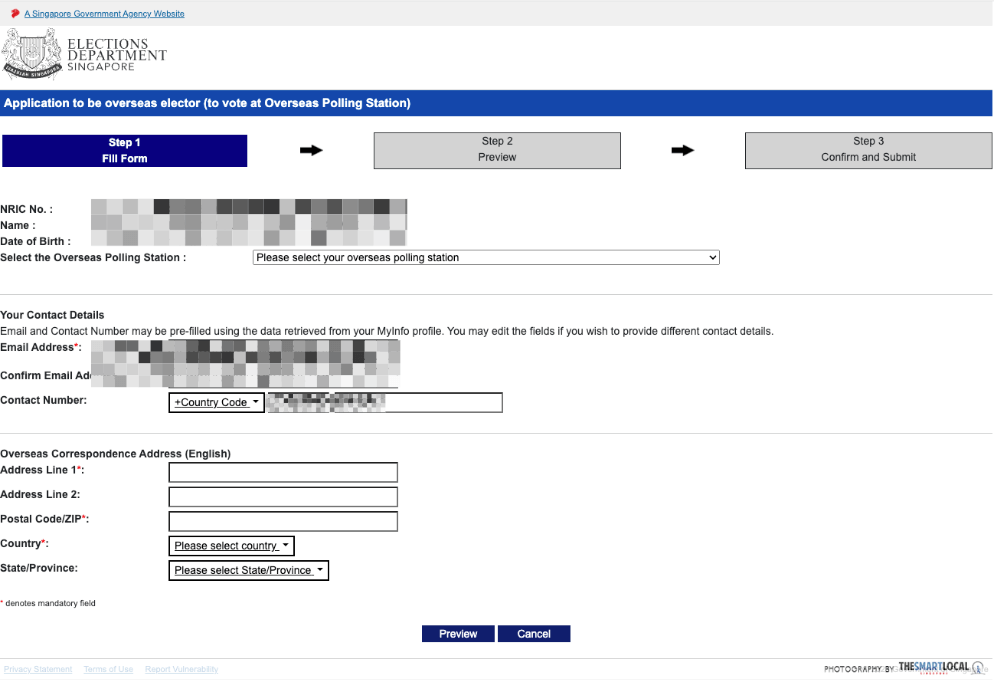
Screenshot from: Elections Department Singapore
Alternatively, and a first for this year, you can also choose to vote via post, though the process is fairly onerous. After registering online on the ELD website, you have to upload an image of your hand-drawn signature. Then, you’ll be able to download and print an actual ballot paper that’s similar to what is handed out at the physical polling stations, as well as a special envelope.
After marking out your choice, you then have to mail back your vote paper in that specialised envelope, and it has to reach the Returning Officer no later than 10 days after Polling Day. Note too that those envelopes have to be postmarked by the eve of Polling Day, in order to be considered an eligible vote. So for example, if you postmark it on 2nd September, even if it reaches back to Singapore within 10 days, it won’t be considered a valid vote.
Must I vote?
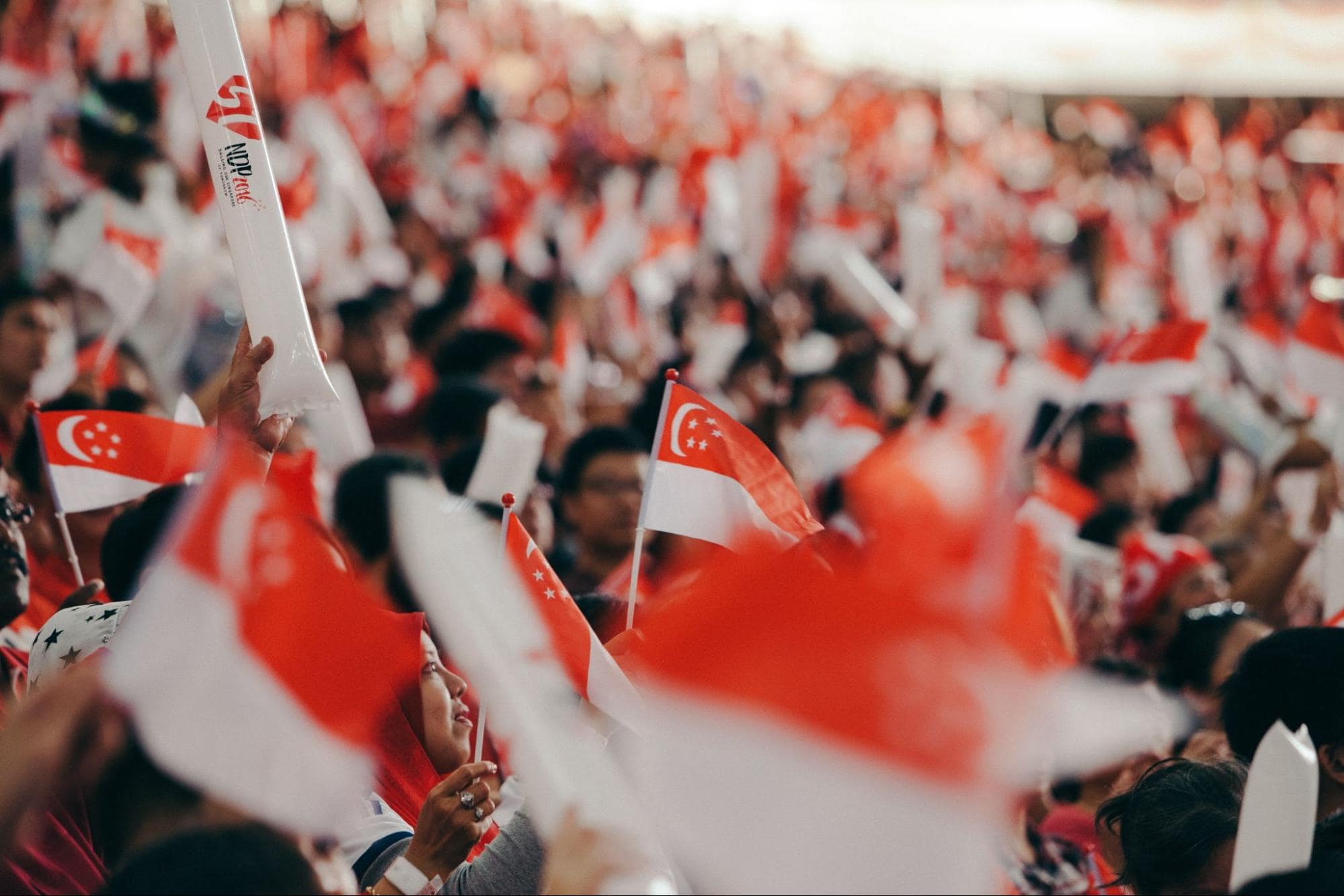
Image credit: Rogan Yeoh via Unsplash
According to the Elections Department:
“Voting is compulsory in Singapore as it is as much a fundamental right of citizenship as it is a civic responsibility to be exercised by citizens to choose and elect their leaders in a democracy. All Singapore citizens whose names are in the Registers of Electors have to cast their votes on Polling Day.”
Technically, not voting is not illegal, meaning to say you won’t run afoul of the law or be charged and fined or sentenced to jail if you don’t vote. However, if you don’t vote, your name will be removed from the Register after the election, and you won’t be able to vote in future elections. That’s more or less it, really.
However, if you want to reinstate your name, you’ll have to apply, and give a valid reason why you didn’t vote the last time around (e.g. you were overseas because of work/holiday, sick or hospitalised, etc.). Otherwise, a fee of $50 will be imposed to restore your name.
Our advice? Just vote, it is after all your duty and right as a Citizen.
Singapore Presidential Elections 2023
Before Polling Day on 1st September, it’d be wise to catch up on each presidential candidate’s campaign to understand what they’d use their platform for. You can also check the presidential forum, where the candidates discussed issues like their experience for the role and challenges they’d face as President.
Whether you’re voting for the first time or a seasoned voter, it is part of our duty and constitutional right to elect our next leader, who will play a pivotal role in leading Singapore.
More adulting FAQs for Singaporeans:
Originally published on 14th August 2023. Last updated by Raewyn Koh on 30th August 2023.
